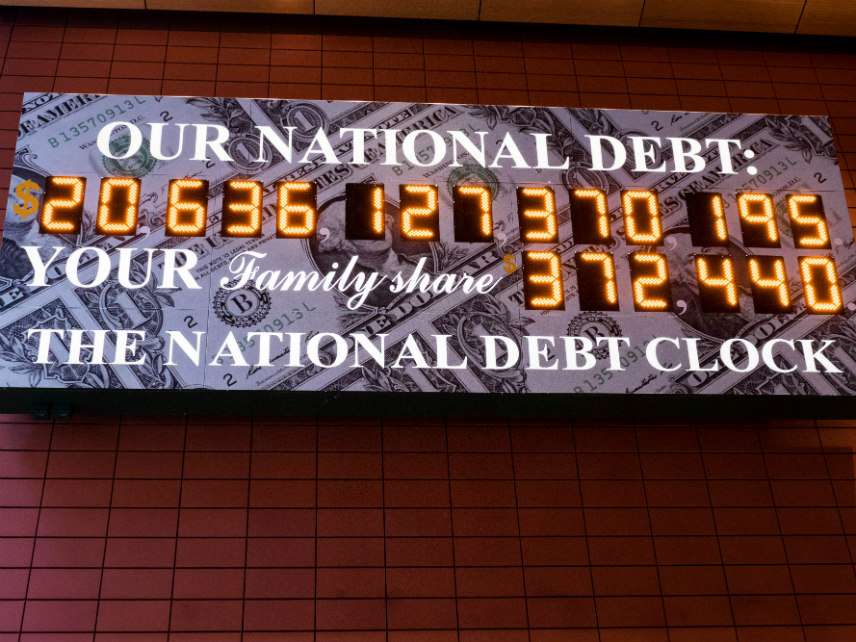Cool, so my answer was correct then.
I suppose - I WAS going by
memory, so there's that.
Somehow claiming to reduce the deficit by TAXING more wasn't reassuring.
I still don't recall getting the middle class tax cut I was promised - there was the capital gains cut (which didn't apply to me),
the increase in child credit (same) and so forth - but it never appeared.
But - it's still true that Dems promise endless programs which always end up meaning, spend more.
Then when asked to pay for it, it's the same - tax the rich, close "loopholes" etc.
Basically - tax and spend.
Admittedly, I'm never thrilled about the GOP WANTING to decrease spending, but not achieving it.
But it's still preferable to someone who promises no such thing and PROMISES to spend and tax more,
which is what we typically get from the Democrats, and this year's crop is no exception.
Let me ask something else, then. Is there anyone among the Democratic crowd that wants to lower
spending or decrease the debt?


 the money is already spent ... will it kill the gov to NOT get that money back
the money is already spent ... will it kill the gov to NOT get that money back